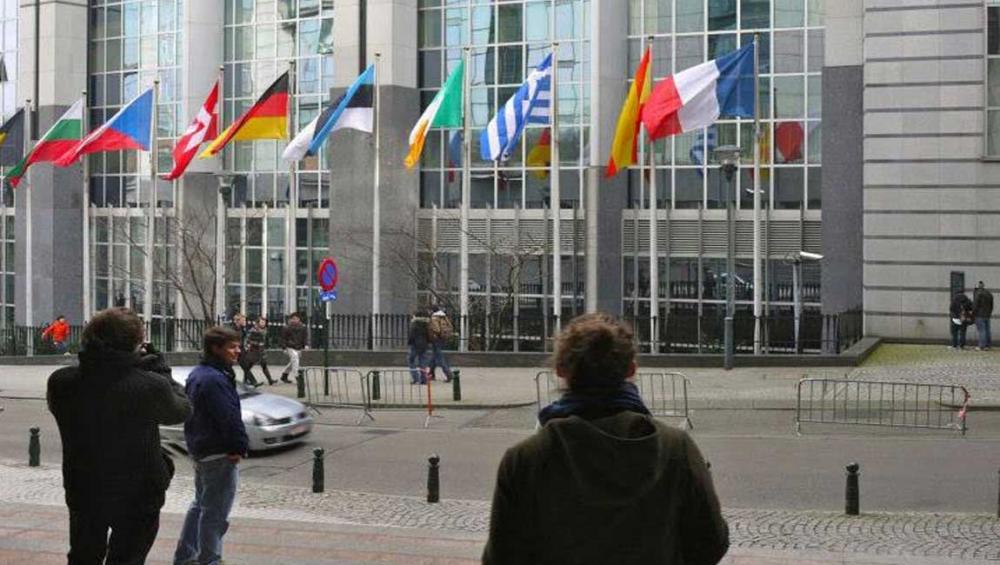Just Earh News 23 Jun 2017, 07:03 pm Print

Carmen Cuesta Roca
“If sanctions are ever to be used, they should only address direct security threats or internationally recognized human rights violations,” Idriss Jazairy, the UN Special Rapporteur on the negative impact of the unilateral coercive measures, said in a news release on Friday, at the end of his first official visit to Brussels – the official seat of the EU.
Highlighting that EU sanctions offered “a measure” of due process for those being targeted, and while such efforts were “still insufficient,” they compared favourably to the legal remedies available in other blocs and States that impose sanctions.
“These steps, though they need to be further reinforced, are important commitments by the EU and its members to ensure that the States or individuals targeted by sanctions have the possibility of effective remedies.”
In the release, issued by the Office of the UN High Commissioner for Human Rights (OHCHR), the Special Rapporteur also positively noted the position of the EU not to claim extraterritorial enforcement of domestic legislation concerning unilateral sanctions.
He also urged the regional bloc to clarify “practical implications” of its legal requirements and to make clear that humanitarian exemptions from sanctions should be mandatory and that these exemptions should become effective and be communicated to financial institutions and other stakeholders at the time of the enforcement of sanctions, so as to avoid a protection gap between the start of sanctions and decisions on humanitarian exceptions.
Jazairy also called on EU institutions to reiterate their endorsement of the principle identified by the Committee on Economic, Social and Cultural Rights – an independent body of experts that monitors the implementation of the International Covenant on Economic, Social and Cultural Rights by its States parties – that “when an external party takes upon itself even partial responsibility for the situation within a country […] it also unavoidably assumes a responsibility to do all within its powers to protect the economic, social and cultural rights of the affected population”.
This would be in line with the EU's commitment to uphold human rights and international law, stressed the Special Rapporteur.
'Common ground' to address sanctions 'stalemate' in international community
Jazairy noted that a sanctions “stalemate” in the international community, with most countries agreeing that sanctions had to be adopted by the UN Security Council in order to be compatible with international law, while States that frequently use sanctions believe there are exceptions to this principle.
A common ground could be found, he said, suggesting a declaration on minimum standards of behavior aimed at further mitigating the impact on human rights until the international community could agree on giving up on the “very blunt policy tool” of unilateral sanctions.
It was hoped that beyond that point, sanctions would only be enacted through the Security Council as provided for under the UN Charter, noted Jazairy.
The findings from the expert's visit will be submitted to the UN Human Rights Council – the highest intergovernmental body on human rights issues within the UN system – in September 2018.
Special Rapporteurs are appointed by the Geneva-based Human Rights Council to examine and report back on a specific human rights theme or a country situation. The positions are honorary and the experts are not UN staff, nor are they paid for their work.
- Pakistan: UN experts express concern over lack of protection for minority girls from forced religious conversions, marriage
- Forty percent Pakistanis are currently living below the poverty line, says World Bank
- Hindu girl abducted in Pakistan, community members slam authority
- Thailand's lower house passes bill to legalise same-sex marriage
- UN says 758 allegations of sexual exploitation and abuse registered last year






